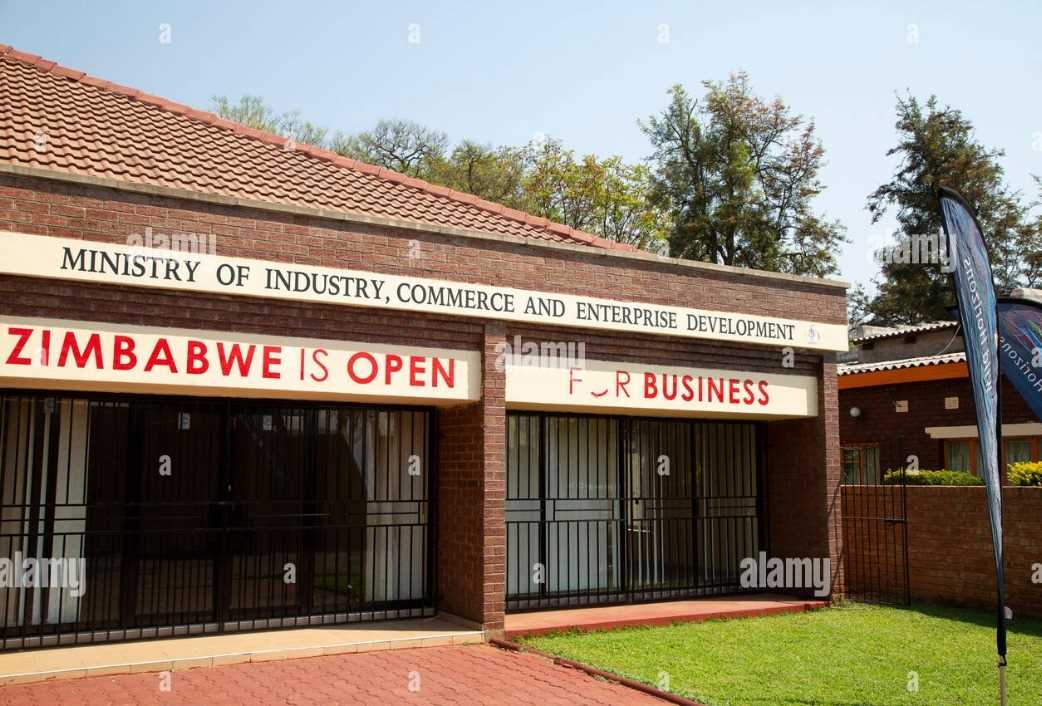
Oscar J. Jeke- Zim Now Reporter
The Government has approved sweeping reforms aimed at reducing the cost of doing business in Zimbabwe through a review of levies, licences, fees, and permits imposed by ministries, departments, and agencies.
The move follows a directive by President Emmerson Mnangagwa earlier this year to address the excessive regulatory charges that are stifling local enterprise.
The President identified 12 key sectors affected by the high cost of regulation — Health, Agriculture, Retail, Tourism, Transport, Energy, Manufacturing, Broadcasting, Telecommunications, Liquor, Construction, and Financial Services — and ordered a detailed study into the charges levied across these industries. The findings revealed that businesses often face a proliferation of fragmented and overlapping licences and fees, compounded by bureaucratic delays and complex procedures.
In response, Cabinet directed the Minister of Finance, Economic Development and Investment Promotion, in coordination with the Chief Secretary to the President and Cabinet and relevant line ministries, to lead a comprehensive review aimed at rationalising and harmonising the regulatory framework. The process will be conducted using a 100-day cycle-based Accelerator Model, incorporating input from regulators and the private sector through a whole-of-government approach. Recommendations emerging from this process will be submitted to Cabinet for approval before being implemented through amendments to relevant legislation and statutory instruments.
Related Stories
Information, Publicity and Broadcasting Services Minister, Dr Jenfan Muswere, during Tuesday’s post-Cabinet press briefing, noted: “In order to provide relief to business, the Government of Zimbabwe has directed the Minister of Finance, Economic Development and Investment Promotion, in collaboration with the Chief Secretary to the President and Cabinet and line ministries, to superintend and coordinate detailed sector reviews on the levies, licences, fees, and permits. The review will specifically address economy-wide regulatory challenges, including the multiplicity, duplication, and fragmentation of regulatory charges.”
Authorities say the reforms will simplify compliance procedures, remove duplication, and ultimately reduce the administrative burden on businesses operating in Zimbabwe. The intended outcome is to create a more competitive investment environment, enhance national productivity, and stimulate economic growth.
Speaking on a six-month review of levies, licences, fees, and permits aimed at easing the burden on businesses, Finance Minister Prof. Mthuli Ncube noted that the review has begun with the agriculture sector. He said it seeks to simplify regulatory requirements, reduce bureaucratic barriers, and lower compliance costs.
“By benchmarking regulations against regional best practices, the government also aims to formalise the informal sector through promoting tax compliance and cost reduction. Specific fee reviews for the agriculture sector are expected to be announced by the end of next week, with other sectors to follow,” he said.
Officials argue that the overhaul of the fee structures is not merely administrative but economic — designed to unleash enterprise growth by eliminating structural bottlenecks that raise transaction costs. Businesses have long lobbied for the rationalisation of regulatory fees, citing them as a barrier to formalisation and sustainability, particularly for small and medium enterprises.
“This reform process will significantly streamline and reduce the burden on the people and businesses, enhance national competitiveness, attract investment, and promote economic growth,” he added.


















Leave Comments